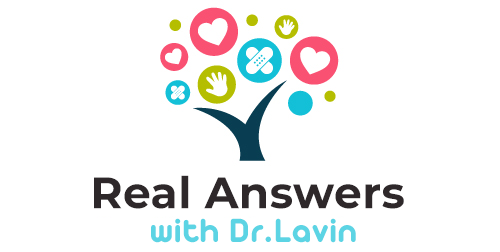Pregnancy, Cravings, and Aversions
Food and pregnancy have a powerful and complicated relationship. Obviously one of the key goals of pregnancy is for Mom to deliver nutrient to the baby-to-be.
So it is curious that so many odd events happen to the pregnant woman’s appetite. Cravings for items that don’t help, aversions to foods that are helpful, and of course the bane of nausea and vomiting all seem to block an easy approach to eating well for the baby. What are the cravings and aversions about?
First of all, they are very common. Both cravings and aversions occur in about 50-80% of all pregnancies.
Some say the most common craving is for ice, but many studies document the top craved foods are strong tasting foods (sour, savory, sweet), ice cream, fruit, and milk.
Common aversions include coffee, fish, meat, and fatty foods.
Curiously, some reports suggest that aversions often follow bouts of vomiting, and the food that one avoids simply is the one associated with a heavy bout of vomiting.
Vomiting itself varies widely from population to population with some groups in rural Africa only seeing about 3% rates of nausea and/or vomiting. Whereas, more developed societies such as the US see rates for both of about 20%.
Pregnant women also tend to have very sensitive sensory function. They notice nearly any stimulus more easily and so many sensations are more irritating, particularly odors.
Many have wondered, why does pregnancy cause nausea and vomiting? What causes the cravings and aversions?
Turns out we still do not know. A popular theory is that the nausea and vomiting and aversions protect the growing embryo and fetus from toxins in foods, but no proof has been found for this idea. In fact, some studies suggest it is not so.
Perhaps the most intriguing observation we saw was that many babies whose mothers had the most severe nausea and vomiting were more drawn to salty fluids at age 12 weeks than other babies.
We may not know why, but pregnancy clearly alters our sensory functions, heightens reactivities, causes lots of nausea and vomiting, and cravings and aversions still happen.
We wish all those pregnant an easy gestation and hope all these sensory phenomona are gentle to you.
*Disclaimer* The comments contained in this electronic source of information do not constitute and are not designed to imply that they constitute any form of individual medical advice. The information provided is purely for informational purposes only and not relevant to any person’s particular medical condition or situation. If you have any medical concerns about yourself or your family please contact your physician immediately. In order to provide our patients the best uninfluenced information that science has to offer,we do not accept samples of drugs, advertising tchotchkes, money, food, or any item from outside vendors.








No comments yet.